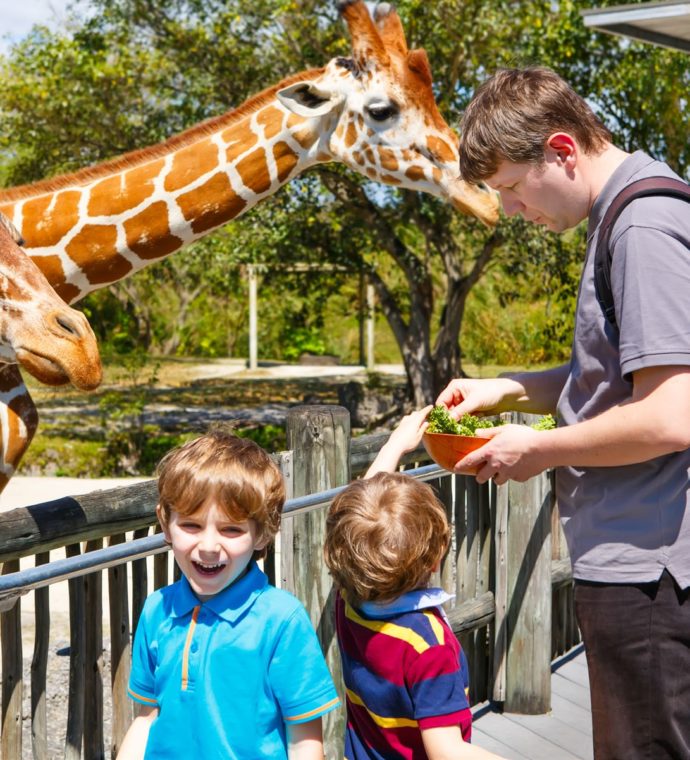Parents don’t need degrees in chemistry or physics to help their children learn science. They just need to make time to explore and learn alongside them.
This can be as simple as conducting an experiment to see whether items float or sink in the bathtub or as adventurous as hiking into the forest in search of different bird and plant species.
Whether it’s online, around the house, outdoors or in the community, there are many methods for developing your child’s scientific literacy.
There’s Science Everywhere
Take Walks. This can be a 10-minute walk around the backyard or a longer hike in a nearby park. As you walk, encourage your child to point out things they find interesting and to ask questions. Answer the questions you can. For those you can’t, offer to find the answers together online or at the library. The Nature Conservancy has an entire site dedicated to helping connect kids and families with nature.
Go to a Zoo. If you visit a zoo together, keep a diary of the animals you see and their species. When you get home, ask your child to name their favorites, and learn more about them before your next trip. You can also take advantage of the many live animal cams on zoo web sites around the country.
Conduct Experiments. Doing small science experiments at home not only helps your child learn, but also reinforces the idea that science is everywhere. Google “science experiments for kids,” or ask a librarian for help, and you’ll find a wealth of easy ideas using household objects. (Always make sure the experiment is safe for both you and your child before starting.)
A great source of ideas is someone you may remember from your own childhood, Bill Nye the Science Guy. On his site, you’ll find videos and printer-friendly instructions for all kinds of home experiments that answer practical questions, such as how light bends or why we sweat.
Read Books. Check out science-related library books and read them together. The National Science Teachers Association publishes an annual list of outstanding children’s science books for K-12 students, visit: NSTA.org
Visit Museums. Visit your local museums often and seek out other opportunities when you travel. Many cities have museums, technology exhibits and nature centers with exhibits designed specifically for kids.





